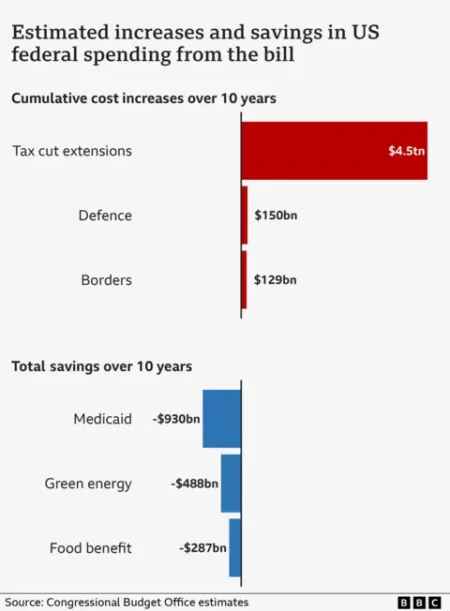In recent trading sessions, the costs associated with UK government borrowing have witnessed a notable decline. This favorable turn of events comes on the heels of turbulent market reactions prompted by a particularly emotional display from Chancellor Rachel Reeves during a House of Commons session the previous day. Initial market anxieties surrounding Britain’s fiscal future saw yields on 10-year bonds spike; however, this trend appears to be reversing, providing a glimmer of hope for investors and analysts alike.
Specifically, the yield on UK 10-year bonds dipped to 4.53%, a decrease from 4.61% at the close on Wednesday. This reduction reflects market reactions to Prime Minister Sir Kier Starmer’s assertion that he collaborates closely with Reeves, signaling a degree of stability in leadership. In conjunction with this, the British pound is in a recovery phase, having risen from a decline on Wednesday to a current value of $1.3668. Although the currency has not reclaimed its previous highs, the upward movement indicates growing investor confidence.
Market analysts are weighing in on the implications of Reeves’ emotional moment in Parliament. According to a source from the BBC, the financial markets seem to reflect a nuanced support for the Chancellor, whose potential resignation triggers fears regarding an absence of fiscal discipline. Will Walker Arnott, the head of private clients at Charles Stanley, remarked on a possible political turnaround, suggesting that the emotional appeal made by Reeves might actually bolster her standing within financial sectors. He emphasized that there’s an anxiety in the market concerning any potential leadership changes, given the implications such a transition could have on fiscal policies and debt management.
Moreover, Mohamed El-Erian, serving as the president of Queens’ College, Cambridge, and chief economic adviser at Allianz, cautioned that markets may remain in a cautious state. He noted a critical aspect: once a risk premium is placed in the financial system, retracting it becomes notably challenging. El-Erian opined that while some stabilization may be observed, a full return to the previous calmness before these events is unlikely.
Digging deeper into the context of Reeves’ emotional day, it is worth mentioning that her displays occurred during a particularly turbulent period for the government. On Wednesday, she faced scrutiny during Prime Minister’s Questions following an announcement of the government’s reversal pertaining to planned welfare reforms, a decision that carries an estimated shortfall of nearly £5 billion in financial projections. This outpouring of emotion indicated a significant weight on the Chancellor, reflecting the pressures faced in high-stakes politics particularly related to economic management.
The markets initially reacted by raising borrowing costs, shaken by fears surrounding Reeves’ potential departure from her role. However, the subsequent support shown by Prime Minister Starmer, who publicly endorsed Reeves on BBC Radio 4, appeared to assuage concerns among investors, lending vital credibility to her position. Starmer’s backing included remarks emphasizing both his collaborative approach with Reeves and acknowledgment of her effectiveness as Chancellor, thus lending further support for the continuation of the current fiscal strategies.
In summary, the dynamics of UK borrowing costs present an intriguing case study of the interplay between political sentiment and financial markets. With government borrowing costs easing somewhat, the focus now shifts to maintaining this momentum and addressing the underlying concerns that remain. Market analysts will likely continue monitoring these developments closely, as they could well influence broader economic policies and investor confidence in the UK government’s financial stewardship moving forward.











